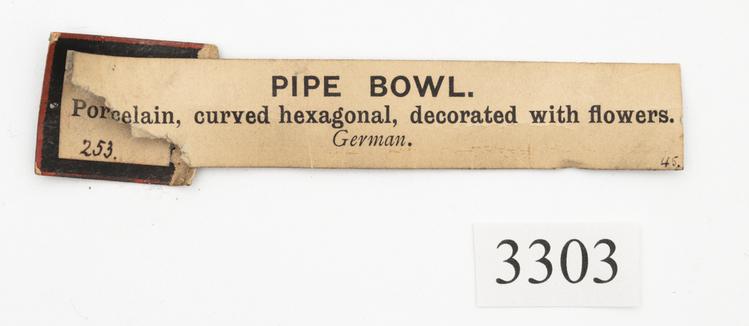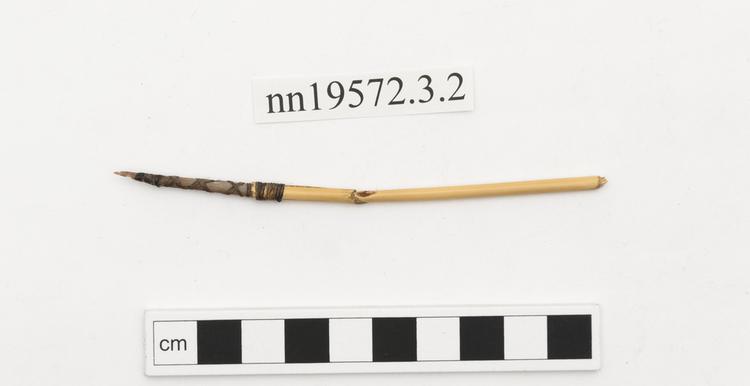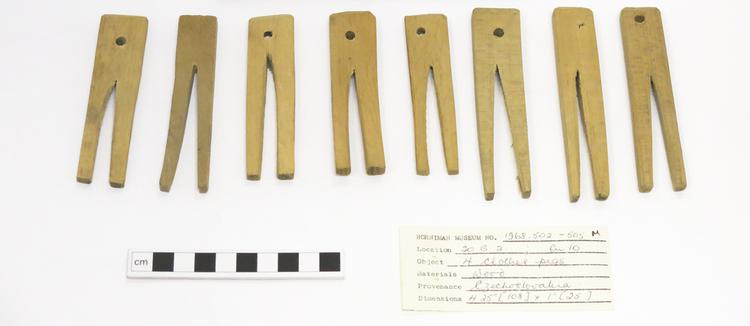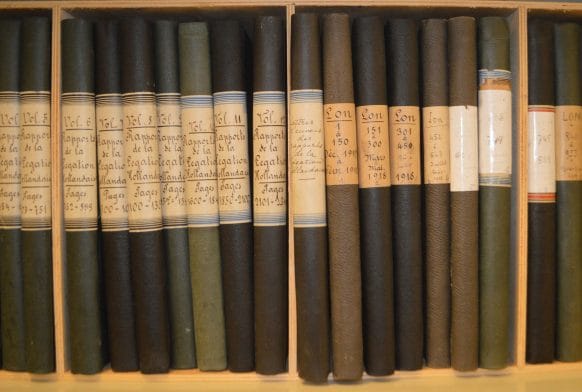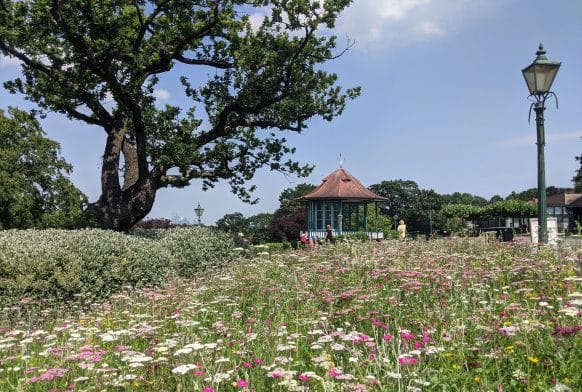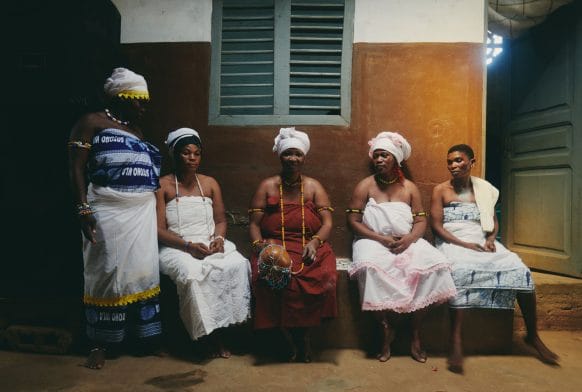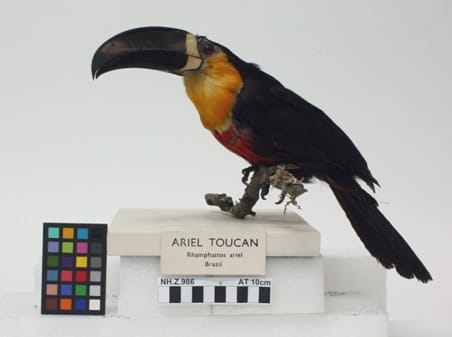coat of chain mail
The British subjuegation of the emirates of the Sokoto Caliphate constitutes a complex narrative. It was achieved piecemeal and cannot be understood without an understanding of the pre-conquest workings of the Sokoto Caliphate. In 1900, when the Charter of the Royal Niger Company came to the end and Frederick Lugard declared Northern Nigeria a British Protectorate, the outlying states of the Sokoto Caliphate in particular were still consolidating their positions and were concerned with internal wars and slave yielding raids. Caliph Abdal-Rahman was obliged by the injunctions of Islam not to submit to the infidel, but because the Caliphate was a confederacy of largely autonomous emirates, which individually owed allegiance to Sokoto but did not have mutual defence arrangements between themselves (Adeleye 1971:249), opposition to Lugard’s declaration was ineffective. The British were able to isolate and topple the emirates one by one without strong military opposition largely between 1901-1903. Both Kano and Sokoto itself were taken by the British in 1903, which may be the year in which this chain mail tunic may have been collected as military loot.



